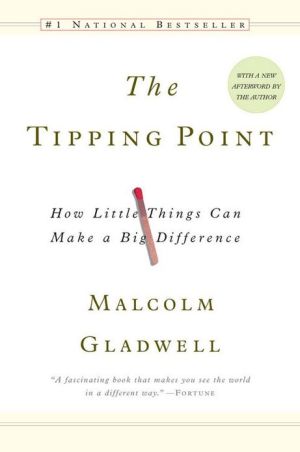Articulating Reasons: An Introduction to Inferentialism
Search in google:
Robert B. Brandom is one of the most original philosophers of our day, whose book Making It Explicit covered and extended a vast range of topics in metaphysics, epistemology, and philosophy of language—the very core of analytic philosophy. This new work provides an approachable introduction to the complex system that Making It Explicit mapped out. A tour of the earlier book's large ideas and relevant details, Articulating Reasons offers an easy entry into two of the main themes of Brandom's work: the idea that the semantic content of a sentence is determined by the norms governing inferences to and from it, and the idea that the distinctive function of logical vocabulary is to let us make our tacit inferential commitments explicit.Brandom's work, making the move from representationalism to inferentialism, constitutes a near-Copernican shift in the philosophy of language—and the most important single development in the field in recent decades. Articulating Reasons puts this accomplishment within reach of nonphilosophers who want to understand the state of the foundations of semantics. Library Journal This is a meta-linguistic study of meaning, for Brandom (philosophy, Univ. of Pittsburgh) wants to know the meaning of "meaning." We normally take each other to mean things by what we say, and Brandom wants to determine in what this "taking to mean" consists. This leads him to an analysis of conceptualization and then to an inquiry into what separates concept users from non-concept users. He concludes that in making claims and in giving and asking for reasons, concept users show mastery over the inferences that are logically entailed in the concepts. Non-concept users--parrots in one illustration--cannot do this. Meaning, then, appears to consist in the application and understanding of concepts and is limited to beings with a certain cognitive apparatus. This synopsis is a bit disingenuous; Brandom deals throughout with most of the central issues in contemporary analytic philosophy, and the level of discourse is highly technical. It is likely that only readers well versed in the subject will find this accessible.--Leon H. Brody, U.S. Office of Personnel Management Lib., Washington, DC Copyright 2000 Cahners Business Information.\\
Introduction1. Semantic Inferentialism and Logical Expressivism2. Action, Norms, and Practical Reasoning3. Insights and Blindspots of Reliabilism4. What Are Singular Terms, and Why Are There Any?5. A Social Route from Reasoning to Representing6. Objectivity and the Normative Fine Structure of RationalityNotesIndex








